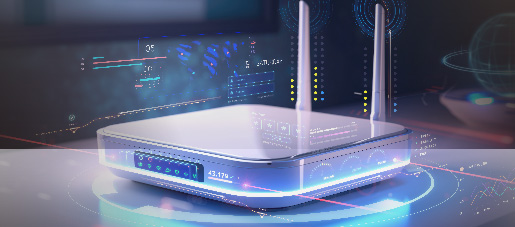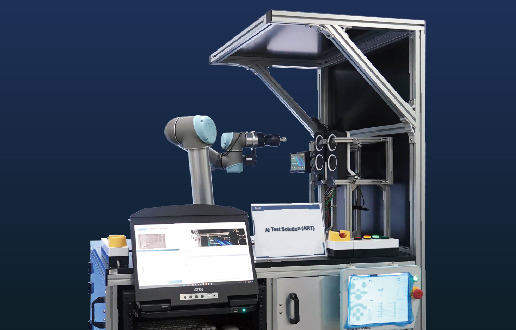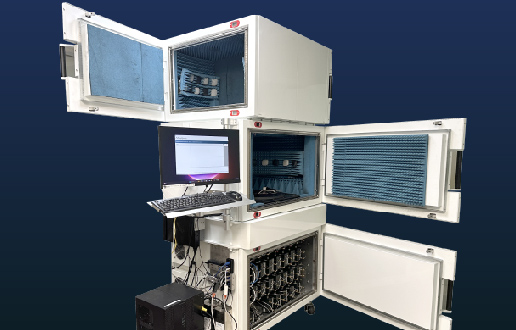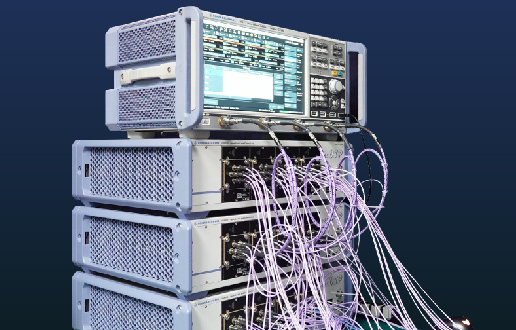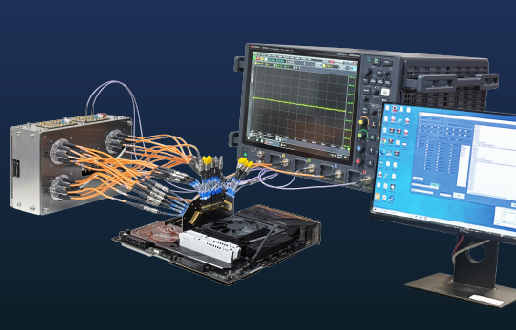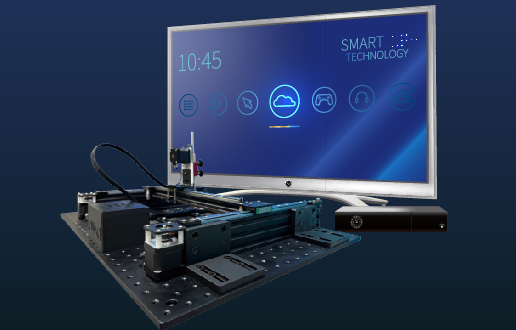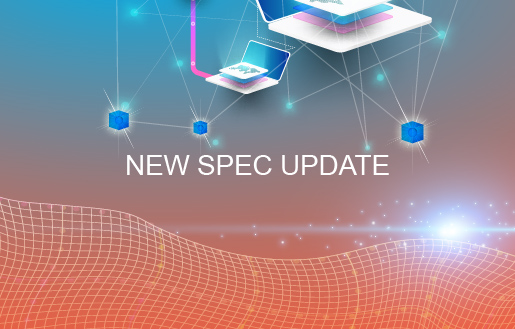Significant developments in information and communications technology affect activities of industries, businesses and our social lives bringing about changes to our immediate living and work environment through improved and seamless connectivity.
Allion works closely with customers to provide testing services that identifies interoperability between their IoT devices and other IoT gadgets. In our state of the art IoT facility, with a real home simulation infrastructure, Allion performs repeatable testing for a wide range of IoT products and customer base.
A part of these tests includes emphasis on: network connectivity; proximity test, interference and roaming testing of all your IoT devices to define interoperability, functionality and stability of the tested IoT devices. We help our customers address the many challenges associated with connectivity and incompatibility by leveraging our huge testing expertise in different domains. The next section is meant to introduce ways we render our IoT test services.
Access point compatibility Issue
Application layer gateway is required to enable IoT device connection to the internet. The gateway transforms data commands from different interfaces to the internet, client server or cloud. Connecting your IoT devices to the internet requires different peripheral devices that enable internet connect to the destination device or gadget.
Current challenges with the peripheral devices such as the internet gateway hubs, is incompatibility with some IoT devices. Applications tested using existing IoT hubs does not allow application-specific IoT devices to connect to different gateway routers which further impedes connection. Certain gateway infrastructure made by different manufacturers does not have authentication permit by the IoT device. As a result we found that many of the IoT connections to the gateway are unsuccessful or sharply disconnected.
The end is not in sight yet for these challenges, as more wireless solutions are introduced, such as Zigbee, Z-Wave and Bluetooth®, we will see the need for wireless-adapted and peripheral component innovation. The need for peripheral-dependent smart devices will grow as the IoT market is expanding, but manufacturers may be perturbed to find that after painstaking efforts to develop these products, only a handful of smart gadgets are interoperable with the devices available in the market place. More and more customers are starting to ask: “of what use is this device if it is not able to perform the function for which it was purchased?” other customers are writing reviews on products that works well with certain other IoT systems, while some customers are starting to withhold purchase of certain non-interoperable smart gadgets entirely.
To support our customers in embracing functional and network interoperability between gateway and their smart devices, Allion provides approaches that test the performance of your IoT gateway operability through: IGD ping test, PDU test, ICMP test, firewall configuration test and many other customized testing techniques. We provide recommendations, through our testing experience, on compatible products that can work with your internet hubs and on the preferable standards required to make your IoT devices flexible for accessibility.
OEM incompatibility Issue
In addition to the current technical challenges of connecting to some internet hubs, many IoT gadgets are not able to connect to other IoT gadgets provided by different OEM manufacturers. This is an issue of device to device incompatibility.
Some IoT smart device manufacturers such as Amazon, Apple HomeKit and Google Home are leading the way in their separate ways to develop leading standards that can be adopted by other OEM or smart device manufacturers. At the moment, the convenience of such independent methodologies remains to be appreciated in the IoT market. In fact, the existing absences of definite standards that could allow for widespread interoperability between IoT devices remain troubling for customers. This gap makes connectivity and interoperability issue more pronounced and could potentially threaten the realization of the IoT vision of widespread connectivity. Especially with the potential of the IoT market, which McKinsey Global Institute estimates to reach $11 trillion by 2025, manufacturers will have no choice other than to correct the many incompatibilities that exist.
Allion testing support ensures IoT device manufacturers don’t wait until after product launch to find that their IoT devices are not interoperable or that customers are dissatisfied with the incompatibility challenges posed by their products. Our interoperability testing includes integration test, oneM2M protocol test, portability tests, carrier test for both home and office IoT environments. Our test is also aligned with certifications and compliances for your IoT devices and other wired connection test to determine the extent of interoperability with a broad range of devices.
User Interface compatibility issues
To connect to multiple IoT devices or programs the user will have to connect using multiple mobile phone apps. With decentralized connection from multiple mobile applications, the user is not able to synchronize their data on one device.
Another limitation of the user interface is that the app is not able to sequence command requests from a centralized mobile application. The fragmented interfaces make the IoT control more cumbersome, complicated and difficult to manage.
Added to the challenge of the interface usability is the issue of having to reset the IoT APP on the mobile application after reconfiguring the IoT device which could also leave the user exposed to data mishandling or loss of data.
Allion comes in at the point of testing the adaptiveness of your interface to mobility across different mobility application, security from reconfiguration and privacy of existing or updated data.
Allion Testing Solutions
To ensure the proper functioning of the mobile application, Allion performs different broad interface testing for customer’s application to check that it conforms to specification. In addition to the range of tools at our disposal, we also perform application migration test, storage integrity test, and configuration robustness test. We conduct automated functional and robustness test of many of these features across different application or system to determine the fitness for use of the application and its interoperability with different other device for a smart and connected living experience.
For our customers with different storage configurations on their products applications, we perform additional support libraries test, data structure test and package management test.
Basically, cooperating with our customer saves them the trouble of product releases that are not widely interoperable with other IoT devices. Our testing services perform large trials that increase productivity drastically by the time the product is launched to the market place when it is directly suitable for use by the consumer.
The broad testing technique at Allion includes both functional and cross functional testing. We ensure the performance of your IoT device meets the functional requirements in terms of performing the minimally expected functions of connectivity, availability, sensing and detection. Further we extend these tests to cross functional capability that evaluates the extent of interoperability between your IoT devices and other IoT components. These entire tests will advise on how interoperable the IoT device is in addressing the current challenges of structural (data exchange standards) and semantic (multiple system communication) interoperability.















